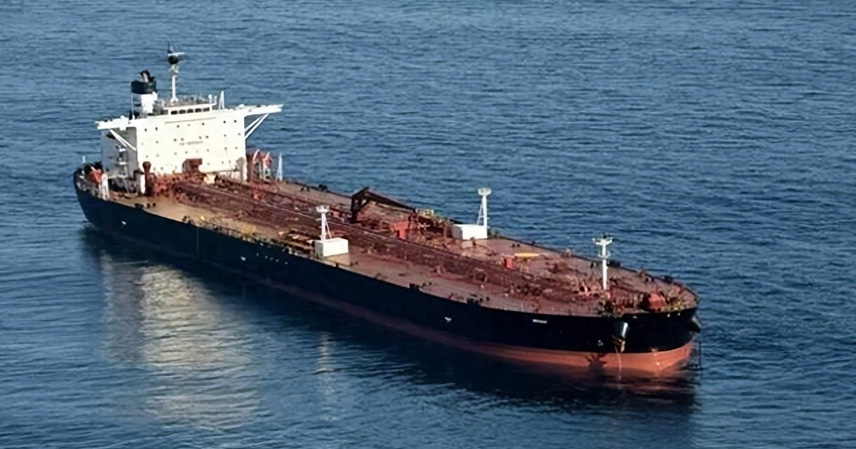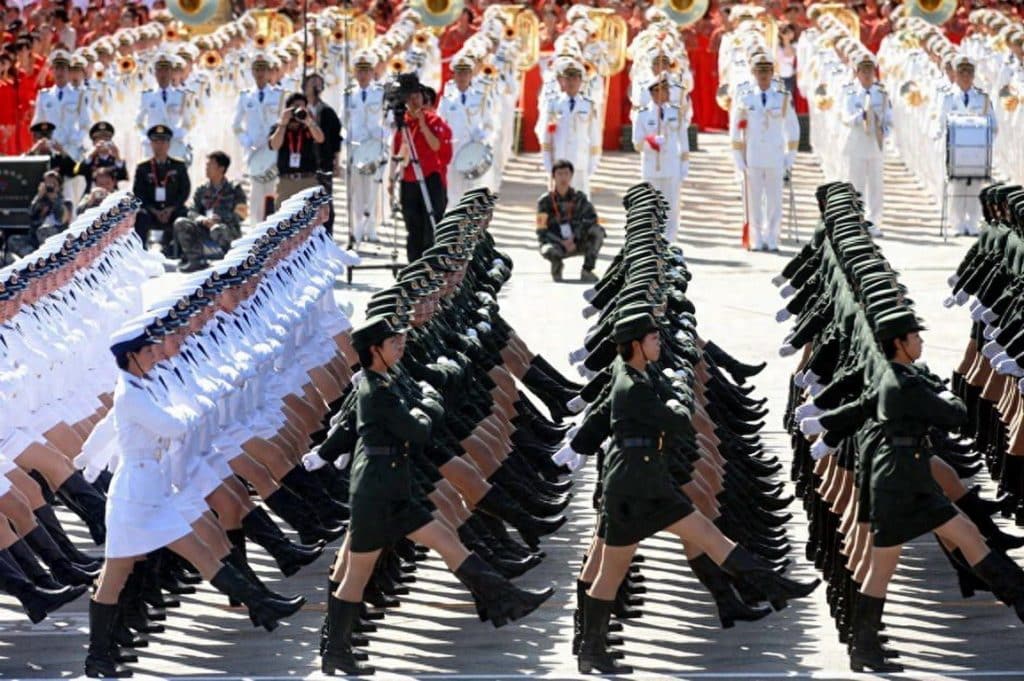The incident unfolded rapidly: the French Navy intercepted and boarded the oil tanker Boracay, a vessel flying the Benin flag, carrying 100,000 tons of Russian Urals crude bound for India. What makes the case explosive is that the captain is a Chinese national, who now faces trial in France. Russia, meanwhile, has denied ownership of the ship, further fueling international controversy.
I. The Seizure of Boracay
On September 27, French warships De Grasse (frigate) and Mistral-class amphibious ship Atlantic intercepted Boracay in the Atlantic. Special forces rappelled from helicopters and boarded the vessel.
- The captain and first officer, both Chinese nationals, refused to show the ship’s nationality documents and resisted questioning.
- The Brest prosecutor’s office charged the captain with resisting enforcement; his trial is scheduled for February 23, 2026. The first officer was released.
- The ship is currently anchored off Saint-Nazaire naval base, guarded by French forces, while authorities inspect cargo documents and contracts.
Notably, Boracay has a history of identity changes. Previously named Kiwala, it was stopped near Estonia earlier this year with no flag. Its constant renaming and flag-switching marks it as part of the notorious Russian “shadow fleet.”
II. What Is the Russian Shadow Fleet?
The “shadow fleet” emerged after the EU’s ninth sanctions package in December 2022, which targeted Russian oil exports.
- These ships are typically 15–20 years old, bought cheaply, renamed frequently, and sail under flags of convenience such as Panama, Benin, or Caribbean states.
- They often switch off AIS transponders, use unsafe routes, and avoid insurance, creating environmental and safety risks.
- The goal: bypass the G7/EU price cap of $60 per barrel and continue selling oil to buyers like India and China.
The Boracay, built over 20 years ago and rust-stained, fits the shadow fleet profile. Its cargo for India was valued at around €70 million, reportedly owned by Rosneft.
III. The Denmark Connection: Drone Suspicions
Days before the seizure, Boracay raised suspicion near Copenhagen.
- In late September, Danish airports—including military bases—were shut down by suspected drone activity, which Copenhagen described as a “hybrid attack.”
- Boracay was loitering 50 nautical miles south of Copenhagen at that time.
- Though no drones were found on board, French investigators noted irregularities in ship logs and documents.
- President Emmanuel Macron admitted no hard evidence tied the vessel to the drone incident, but the timing was “too coincidental to ignore.”
IV. Russia’s Response
Moscow reacted angrily:
- Kremlin spokesman Dmitry Peskov claimed ignorance, saying Russia had “no knowledge” of the vessel.
- President Vladimir Putin, at the Sochi Diplomatic Forum, condemned the seizure as “piracy in neutral waters”, accusing Macron of staging the move for domestic political gain.
- The Russian Foreign Ministry summoned the French ambassador, insisting the cargo was purely civilian crude.
Despite denials, Russia has not addressed its dependence on the shadow fleet, which the EU estimates finances 30–40% of Moscow’s war budget.
V. Why France Acted Now
For Paris, the case is not only legal but also strategic signaling.
- Macron declared this as part of a “new European strategy” to cut off Moscow’s shadow revenue streams.
- France’s Prime Minister Elisabeth Borne praised the naval commandos’ operation, while the European Commission backed the move.
- The action marks the first time France has brought criminal charges against a shadow fleet captain, sending a warning shot to shipowners worldwide.
With 600–1,000 shadow fleet vessels estimated globally, the EU and NATO are now sharing satellite surveillance and naval patrol data to tighten enforcement.
VI. Broader Implications
- For Russia: its oil revenues already dropped by €38 billion in 2024 due to sanctions; further seizures will strain its shadow fleet logistics.
- For India: the country, one of Russia’s biggest crude buyers, has stayed silent, but any disruption threatens its supply chain.
- For China: the involvement of a Chinese captain complicates Beijing’s stance. While France stresses this is not espionage-related, the legal case will remain a diplomatic irritant.
- For Europe: France’s move could encourage Greece and Cyprus, whose ports face pollution risks, to take similar enforcement measures.
In short, the seizure of Boracay is more than an oil shipment dispute—it represents a turning point in Europe’s willingness to confront Russia’s shadow fleet directly.
References
- French Navy and Brest Prosecutor’s Office press releases.
- EU Commission statements on sanctions enforcement.
- Reports on Russian oil exports and shadow fleet operations (2023–2024).



